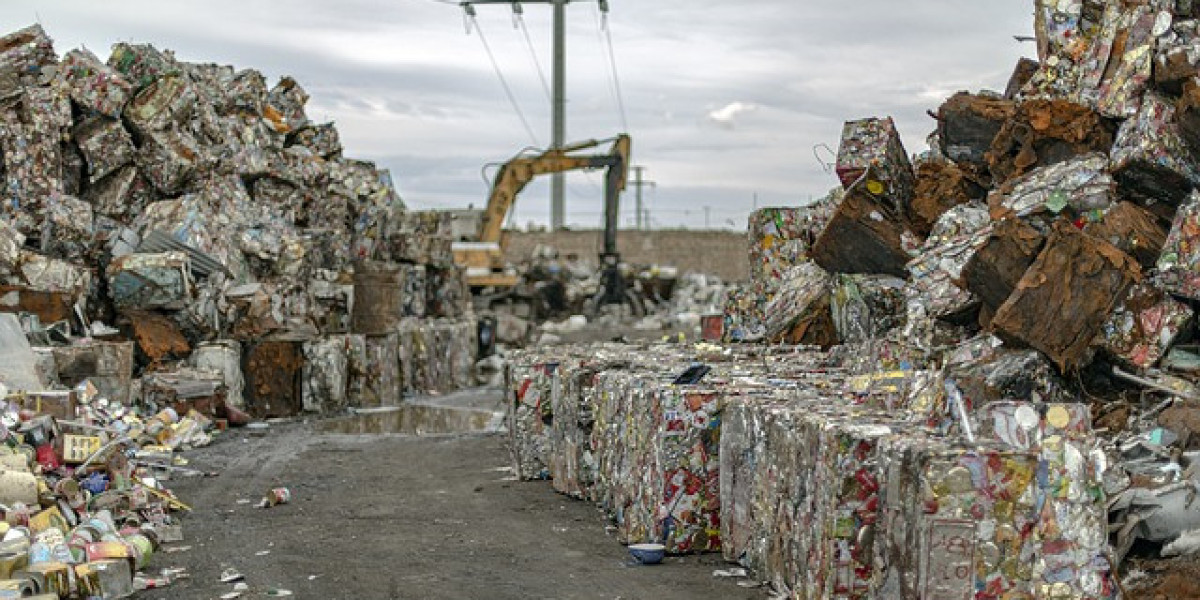Saudi Arabia, a nation historically known for its vast oil reserves, is steadily reshaping its economic landscape through Vision 2030—a transformative plan emphasizing sustainability, diversification, and innovation. Waste management plays a pivotal role in this transition, with the Saudi Arabia waste management market projected to witness remarkable growth by 2025. This article delves into the factors driving this market, emerging opportunities, and what lies ahead for investors and stakeholders.
A Market on the Rise
The Saudi Arabia waste management market is expected to grow at a compound annual growth rate (CAGR) of over 6% through 2025, fueled by population growth, urbanization, and industrial expansion. As cities like Riyadh and Jeddah experience rapid development, the demand for efficient waste collection, recycling, and disposal solutions is soaring.
The country generates approximately 15 million tons of municipal solid waste annually, with per capita waste generation estimated at 1.5 kg per day. However, the recycling rate remains below 20%, creating significant potential for advancements in this sector.
Driving Factors Behind Growth
Government Initiatives and Regulations
Saudi Arabia’s government is implementing robust policies to address the rising waste crisis. Key initiatives include:
- National Environmental Strategy: Under Vision 2030, the government aims to divert 85% of landfill waste toward recycling and reuse by 2035.
- Regulatory Reforms: The Saudi Waste Management Center (SWMC) oversees policies promoting segregation at source, advanced recycling technologies, and circular economy practices.
- Public-Private Partnerships (PPPs): Encouraging private sector involvement in waste management services has paved the way for investments in innovative technologies.
Technological Advancements
The integration of advanced technologies such as AI-powered waste sorting systems, IoT-enabled waste collection, and energy recovery from waste is transforming the market. Companies are increasingly adopting these innovations to optimize efficiency and reduce costs.
Industrial and Commercial Waste Management
The industrial and construction sectors contribute significantly to waste generation. With megaprojects like NEOM and The Red Sea Project underway, demand for tailored waste management solutions, including hazardous waste disposal, is surging.
Emerging Opportunities
Recycling and Circular Economy
Recycling presents a vast untapped opportunity in Saudi Arabia. Sectors such as plastics, metals, and e-waste are ripe for investment. Companies that align with the country’s circular economy vision will find themselves at the forefront of the market.
Waste-to-Energy (WTE) Solutions
WTE technologies are gaining traction as Saudi Arabia looks to reduce landfill dependency. The construction of WTE plants is expected to create new revenue streams for both local and international players.
Smart Waste Management
Adopting smart waste management solutions, including AI and IoT, is a growing trend. Smart bins, automated fleet management, and data-driven insights are reshaping operational efficiencies in urban areas.
Challenges and the Road Ahead
Despite the promising outlook, challenges such as lack of public awareness, high initial investment costs, and technical barriers persist. Addressing these hurdles requires continued collaboration between government bodies, private enterprises, and local communities.
By 2025, the Saudi waste management market will not only be a key pillar of the country’s sustainability goals but also an attractive investment avenue. Stakeholders who invest in innovative technologies, recycling initiatives, and green energy solutions will be poised to benefit from the sector’s growth.
For More Info https://www.gmiresearch.com/report/saudi-arabia-waste-management-market/
Conclusion
The Saudi Arabia waste management market in 2025 is set to be a dynamic and evolving landscape. With the government’s unwavering commitment to sustainability, coupled with technological innovations and private sector participation, this market offers a wealth of opportunities.









